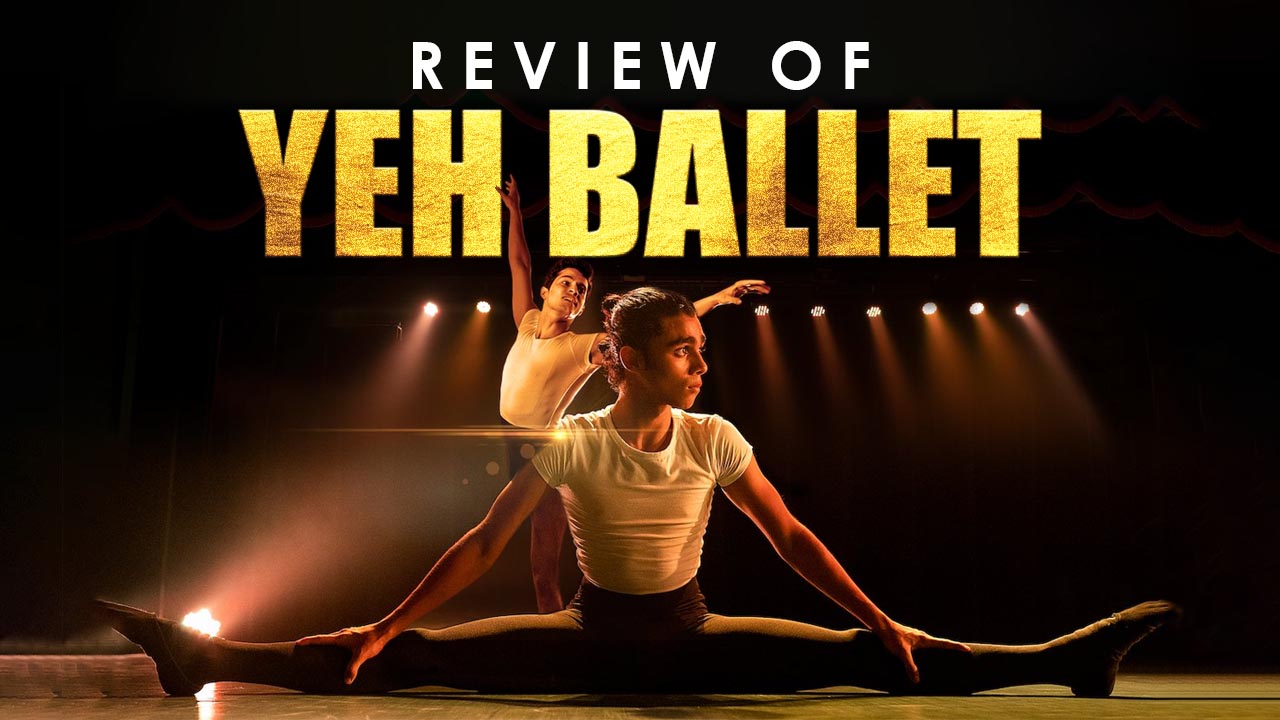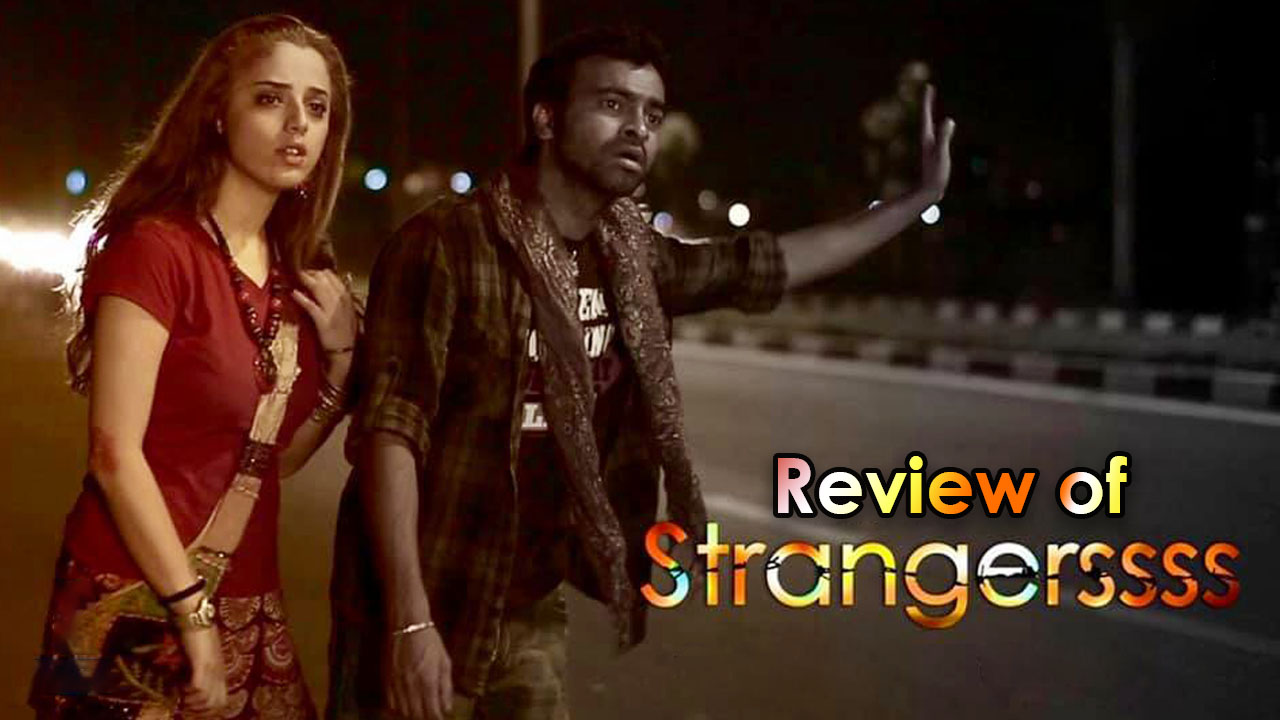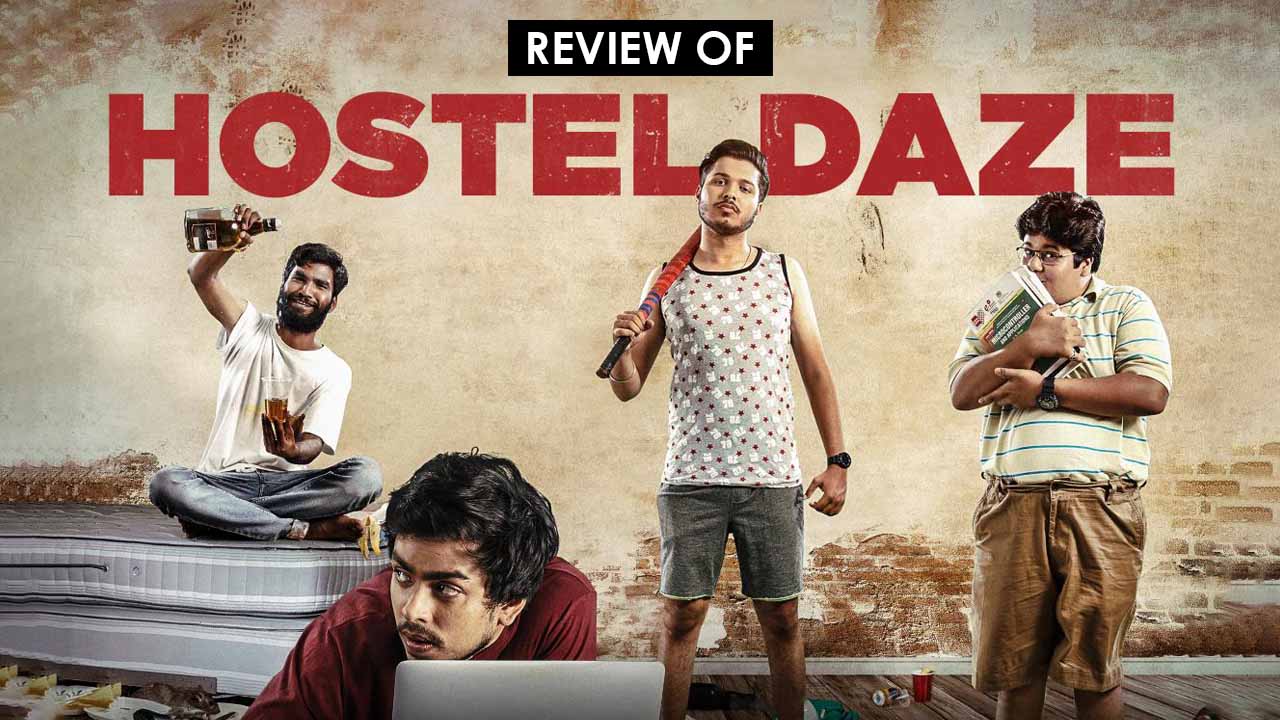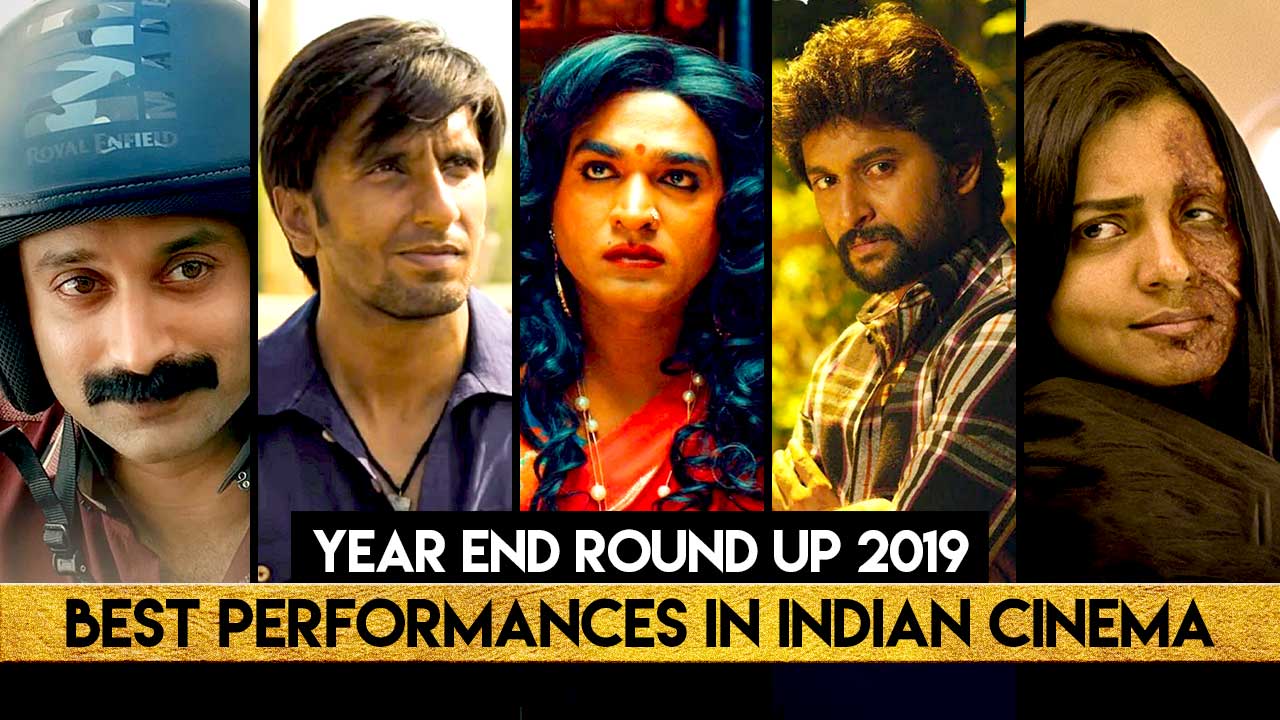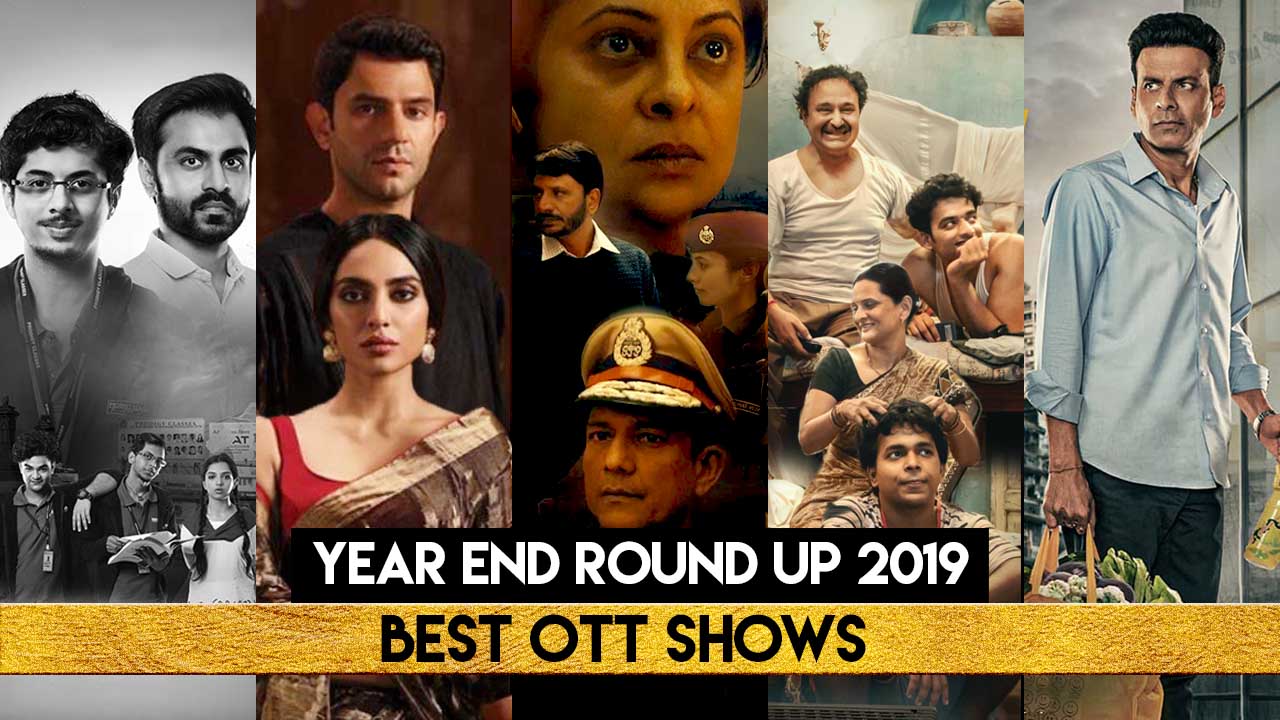
November 9th, 2004 – Bhavnagar-Kakinada Express
Kamlesh boards the express train right in the middle of the night, at Gulbarga junction, his light weight satchel worn over his shoulder. The forty-year-old limping man, prefers this train over others, for one very specific purpose. The mix of people and strangers. This train, starting from Bhavnagar and heading to Kakinada, essentially cross four states, and carries passengers belonging to various ethnicities and dialogues. Most people, therefore, find it difficult to strike up a conversation with the other boarders. You see, Hindi is an official language of India, not the national language of it. And so, by the time the train touches Gulbarga, it is packed tightly within its reservation coaches and is overflowing with twilight commuters in the general compartments. For Kamlesh, this works perfectly well. Hence, he boards this once a week train, which reduces the chances of him being identified or more importantly recognized. One more thing this train gives out as a scathing advantage is the timing at which it crosses Vikarabad Jn. Another connecting passenger train from Vikarabad almost always crosses paths back to Gulbarga, as this one touches the station. A simple route back to Gulbarga, to transport his captures back to Muktir, his employers.
Kamlesh checks the chart outside a reservation coach and precisely selects his seating. He finds that seats 68,69,70 are getting off at the next station. Of course, this implies that he has to stand for a couple of hours near these seats, till the train touches Wadi Jn. He boards the coach and makes his way to the specific seats. Luckily for him, the lower berth, 68, has a short old woman, who is fast asleep, covering herself with her own sari, from tip to toe, and occupying only about three-quarters of her berth. Kamlesh sits, slouching on his back, to avoid the middle berth from hitting his head, and faces the slim pathway between the berths and single seats. He will have to sit in this weird position for an hour at least.
At about one in the morning, Kamlesh occupies his berth, and waits, for the train to start from Wadi Jn. As it does, the Ticket collector, comes across, and Kamlesh pays for the reservation amount, and confirms his berth till Secunderabad Jn. Once that is done, he is now free to roam. He starts walking through the coaches, adjusting his satchel, lifting it up occasionally to avoid hitting anyone sleeping on the floor, pausing at times at the bathrooms, to check for anyone vulnerable, and so on. Upon reaching three coaches away from his coach, he finds his target. A little girl who is sleeping in the middle berth. The ticket numbers are accommodative of his plan too. He needs to check the number of family members who are accompanying this girl. From the whizzing lights from the outside, he can make out that the girl and whoever the members of her family are somewhere from Gujrat or Mumbai. The girl is using a cloth bag, speckled with glass work embedded on its surface, typical of commuters from Gujrat.
Now it is the time of putting his routine into action. He switches on the lights, across the berths, all of them, and starts calling out “Sir.Sir” while tucking at a man sleeping on the lower berth. The man jerks a bit and wakes up.
“Sir…Sir.This berth is mine” Kamlesh says
“Uhh…uh..kya? no..arey Kaun ho bhai?(who are you?) ” the sleeping man wakes up grudgingly and stands up.
“Sir..this berth is mine. You people are occupying my berth..” Kamlesh retorts a bit firmly this time, and before the man can actually realise what he is speaking about, Kamlesh continues “68, 69, 70 is mine”
“Arey bhai..tumko jaana kidhar hai, kya naatak hai (where do you need to go, what is this drama?)” the man involuntarily starts showing his frustration.
“Sir, Seats mera hai..aap ka seats wrong hai! (These seats are mine. You’ve got the wrong seats!) Kamlesh replies, carefully speaking in broken Hindi, and sounding crudely Tamilian.
By this time, the argument is potent enough, to wake up, almost all the passengers around. The six berths and two side window seats, people realise that there is a fight which is about to happen.
“Bhai..pagal mat ban..Humara booking hai Surat se..tu kya peeke chada hai kya?” (Brother, are you mad, We have our booking from Surat..are you drunk or what?) the man, who is now slowly being joined by his relatives in the argument dismisses Kamlesh’s claim.
“Sir..ticket liya..hai ticket mera” Kamlesh says biding time. From the corner of his eye, he is trying to see if the girl wakes up. He needs this conversation to go on till then. Thankfully for him, the girl does wake up, looking at her mother, who is sleeping on the opposite middle berth.
“Ticket. Kya ticket? Kisne diya tereko ticket haan? Humara poore family ka ticket hai, poore saath ticket, ye saare aur voh saare, tujhe kisne diye?” (What ticket. Who gave you the ticket. Our family has seven ticket, here and in the next set) the man replies, while showing his family and their occupied seats.
This is where Kamlesh needs to throw a gamble. Usually, it works but sometimes, it doesn’t. Kamlesh falls silent, and a few seconds later starts muttering something in Tamil. He looks dejected, and utterly clueless, as he looks at all the berths and starts apologizing.
“Ticket collector bola mereko ye seats…but but..ye seats bola..(The ticket collector..told me these were my seats)” Kamlesh shrugs his shoulders and appears totally beaten by dismay. This prompts the man, to further prod for Kamlesh’s ticket. He goes mellow and goes on apologizing for the nuisance.
“Ticket dikha bhai..tu shayad galat coach me aagaya ho..hota hai aisa bhi” (Just show me the ticket, perhaps you got into a wrong coach as it often happens), the man calms down and asks for the ticker. Kamlesh portraying embarrassment, hands over his ticket to the man. The Man carefully studies it.
“Arey haha..Ye toh number bhi doosra hai aur coach bhi..toh aise hi jhagda kar raha tha” (This is a different number and a different coach, you were picking a fight unnecessarily) the Man falls for the gamble. He is the helpful kind, one which works perfectly well for Kamlesh. And thus, Kamlesh again looks at the ticket and realizes his mistake. He profusely apologises and picks out a packet of chips.
“Bhai ye kya…” (What is this?) the man asks.
“Aap ke liye,, thank you..thank you..ye do packet.Main nahi khata..” (For you people for helping me out. I won’t eat them) Kamlesh says, and places the packets on the middle berth, and before anyone can say anything, thanks them repeatedly and goes off towards his coach. The bait is placed.
The same routine, he picks up in another reservation compartment in the after a few minutes. And further again in another. Everywhere, he does the same act. He confuses his seat, counts the people, locates children, apologises for the confusion, presents the Chips packet, and goes off. Most children love chips, and since they are awake courtesy the argument, they in all probability will start munching on them.
Vikarabad Jn arrives at around three thirty in the morning, and Kamlesh gets off the train. His job is done. He swiftly walks to the ticket counter and buys a ticket for the passenger train back to Gulbarga, which is to leave in the next hour. He walks out of the train station, and hands over a chit paper to a Eunuch, and disappears into the foggy night. From here, it is the job of the Eunuchs, a batch of seven of them, to locate the seats which are mentioned in the chit. Those are the probable targets as marked by Kamlesh.
On November 9th, Secunderabad Railway Police recorded 4 children missing from the Bhavnagar – Kakinada express. 4 of the 450 children gone missing from trains approaching Secunderabad that month. 4 of 2700 children gone missing from trains operating within South Central Railways in that month. 4 of 9000 children gone missing from various transports touching southern states of Karnataka, Andhra Pradesh, and Tamil Nadu in that month. 4 of 12,300 children gone missing from all the modes of transport within these three states in that month.
Editor’s Note
From 2004 to 2017, close to 2 million children and women have gone missing. Abducted, Kidnapped and Trafficked across the length and breadth of the country. The national Police department has been able to resolve just about 27,000 of the missing people cases in the last 13 years. Over the past decade more than 175 groups based out of major cities, more usually known as Syndicates, have been identified to have been involved in the acts of Human Abduction and Trafficking, as defined under Sec 366(A) of Indian Penal Code and Immoral Trafficking Prevention Act. According to a study by Trafficking Protocol, of all the cases of Human Trafficking, eventual Prostitution amounts to 82%, eventual bondage and servitude amounts to 10%, and eventual Organ dealing business amounts to the rest of it. It shouldn’t, therefore, come as a surprise that the term Human Trafficking is often just a referring to Sex Trafficking, and both the words are used quite interchangeably.
In understanding the concept of Human Trafficking, our research brought us to scourge through the deepest and darkest corners of the city of Hyderabad and had us conversing with almost forty different people, consisting of victims, perpetrators, brokers, syndicate members, gang men, clients, bidders, and eventual customers. In doing so, our research also pointed us in the direction of Government officials, Politicians, Administrative Bodies, Law-Makers and more too. It was to mean that perhaps we all are involved in the crime, as much as the people committing the crime. In this deep web of crime, rooted into our lives in inseparable ways, where do we as a bunch of social investigators stand? Where does our moral responsibility lay bare? Do we report our findings and run the risk of innumerable cases, protests and an eventual shut down of our hard build enterprise, which we think has an invaluable role to play in things to come and affect our lives? Or do we accept scathing silence, and face the wrath of the morally obligated readers and people, who in most cases have a wonderful sense of judgement when it comes to others duties, but seldom stop to reflect upon their own work? Do we just report and do nothing about it? Or do we render ourselves helpless for a society which by far and large will abandon us when the time comes? With these swarming questions, we do strive to bring out our story to you, my dear reader. But in unusual circumstances, we do not place the same trust and belief in the judiciary, that we usually do. The apparent question which comes now is, why do we need to bring out this article when we can’t do anything? Perhaps, because we believe that understanding this crime in its entirety, might make us aware enough to protect our children in better ways. Perhaps, this article will give us enough valour to do something which we seldom do. To look at the society which we live in, in a more personal and profound manner, and understand that our thoughts and actions are always essential in bringing about a sustainable change to the future generations.
The following presentation involves a multitude of dialogues and conversations, and hence, to provide a proper context and thematic to the feature, we thought it best to start with the ideology & psychology of crime, an authority of crime and the eventual procedures involved within the working of Hyderabad’s largest Human Trafficking syndicate called Muktir.
Chapter One: Origination Of Muktir – The Basis Of Society
Like any organization, Muktir took an organizational syndicate’s shape, in 1998, as a money laundering offshoot of Mumbai based Usman Mallik’s smuggling business. Usman Mallik, by the time he was convicted in 2001 for playing a part in the 1993 Mumbai Blasts, had already established a network of men, women and human resources, which were proficient enough to transfer, sell, and launder money and imported goods all across the Konkani coastal belt. The syndicate was then split and transferred region wise to the Hakim brothers in early 2002. Hyderabad’s Muktir, in time, went on to become the biggest and the largest revenue generating wing of the syndicate. Every city to satiate its need for products of commerce, had to invariably depend on the smuggled goods, offloaded often at Chennai and Mumbai. Hakim brothers, some would argue had the strategic advantage of connecting to either of the ports, equidistantly.
However, it is to be said that Hakim brothers escalated the business of smuggling when they graduated into human trafficking. From 2003, Hakim’s Muktir, as it is still referred to now in the criminal underbelly of the city, started kidnapping, abducting, selling and sometimes purchasing children between the ages of 5 to 12. This marked the astounding upscale of the business model, which till date has its fangs stuck across seven different states and five different countries. The syndicate, in late 2007, grew so rich and powerful, that it started to gobble up the other wings of Muktir, especially in the central regions of the country. Muktir, thereby, had taken a shape of crime governance, which challenged the very foundation of Law and Justice in the country. Today, Muktir remains a force which could make or break officially elected governments, within a weeks’ time. And when you hold the power to wipe out whole governments, and its officials, small business and corporates are reduced to mere pawns on the grand scale of being.
Chapter Two: The Catch And The Cage – The Practice Of Abduction
Children. The primary targets are always children. Preferably a girl child. The demand for a girl child not only in national markets but international turfs are incredibly high. And those in the age bracket of 11 to 17 become a prime property. In understanding the workings of ‘Catch and Cage’ practices, we conversed with Kamlesh, a 52-year-old Marathi of Pune, who inadvertently retired from the Syndicate, and now runs a small Internet Café in Vanasthalipuram, a suburban locality of Hyderabad. The same Kamlesh would facilitate the abduction of (easily) 3 to 4 small girls every day, along the west coast. Readers are advised, the following conversations depict a crude, gory and violent imagery and depiction of womankind. VoxSpace in no way supports or encourages such language, categorization and commentary to be passed, produced or otherwise publicized upon our female population. To ensure the essence of conversation, we are in a position to produce the conversations as is.
Demographics Of Targeting
“Simple. Very simple. Villages are the easiest. Both for the supply and demand. So, what we do is, we select a village along the coastal line. Always girls from villages situated along the shores of rivers are preferred. They have a good complexion and are healthy. And they mature faster than others. At least that is what the rule is. They are juicier than the rest. So, mostly these local festivals happen every year no? It is easier at that time. With so much of chaos and confusion, we just can pick our girls with no problems. Usually, the people who will be sleeping on the temple footpaths, or in buses, or general boarding rooms, we just have to see when they are alone. We just ensure that they don’t have a large family or a deformity. Handicapped girls or these polio affected girls will be there no? We will also take them, but there’s no demand much for them. So they will be sold in some other village to bidders. Basically, they go for free, along with some healthy girls. Rs.200 per hour type they are, or for occasional other things. So there are a different type of needs for different types of men…
..Colleges are an easy playground for us. Girls Hostels, Working Women’s hostel, which just makes them come to us for work. And we do give them work. If they do any more drama, we just take them away to a different city and get them addicted to substances. Then they will listen to us. It has become easy in the past few years, to get girls to take drugs, be addicted, and come off with us. Strangely, however, these days, demand for small boys is growing higher. Wardens and Bidders are always asking for them. Our job is easy. We just have to pick them from playgrounds, schools or parks. Each boy, maybe in the age of 10 to 13, are selling at an amount similar to girls of 16 to 18. Yes, there was a demand earlier also, but this I didn’t expect”
…Most of the girls we pick up, have underdeveloped breasts and thighs, always an asset for customers. Jamil bhai always says, the lesser she looks like a slut in it for money, the better the money she earns. It is simply to say, the girl shouldn’t look like she’s ready to be fucked. At the same time, she can’t look like a plain jane, with no plump breasts as well. So we keep them with us. Until they start looking proper. We have our own hostels in the city, in Panjagutta, Himayathnagar, Chilkalguda, Bowenpally and more, where they are kept. They are not available for sale, but we can’t stop business no? So only VIP customers get to fuck them. Most of the MLA’s and their children are our regular customers. Some even buy the girls for their parties and pleasures. What are we concerned once they buy them off? Yes, sometimes some people ask us to transport the selected girl to Delhi or Mumbai, for them to fuck on their visit or as a gift for their friends. We just do as per the command. We also transport girls to Dubai and Emirates also. Mostly when we pick up Muslim girls, we prefer to export them because of their colour and bodies. Although many men crave for Muslim girls and Bengali girls, their demand in metro cities, is far higher, and the price they pay is astounding. So, Muslim girls are highest in demand, then Punjabi and Bengali, Marathi and Malayalam are next, Telugu and Tamil are least preferred. Much like in movies no? I guess these movie people because a lot of them come to us, producers and actors, they know which type of girls are more in demand. Interesting no? We also influence the movies.
Chapter Three: The Auction And Bidding – The Group Mentality
From our conversation with Kamlesh, we understood how the procedures for tracking, selecting and abducting girls and little boys as mentioned earlier works in Muktir. However, as we progressed the conversation to the issue of what happens next, Kamlesh went silent. Perhaps he was ignorant of the eventual procedures, or plain refusing to talk about it. This is where we contacted one of our contact from the old city, who we wondered could help us. Incidentally, she had come back from her six-month trip to Bahrain. It took us a week to get in contact with her again, and she agreed to meet us. She allotted a couple of hours to us. After all, she was a feisty lady, who ran the city’s biggest brothel house in the deepest womb of the city. Bibi Mohsina remained unchanged from the last time we met her. The excerpts of our conversations with her follow…
“….Most bid to enslave girls. We bid to free them. That is the difference. See, when little girls are being sold, it is quite obvious that they would’ve been brought to the auction place, far away from their home. And friend, when there is no home to go back to, where do we go? We here at Immam Ghar are just providing something of a shelter to these poor girls. Do we not try and send them back to their homes? Unfortunately, we can’t. That is the system of Muktir. No one breaks the chain. Once we send them back, the trade practices of Muktir are divulged. You see the problem? And in turn, my business is destroyed. Yes, it is miserable. But we have to work and we have to feed our stomachs, no? We try to buy girls so that we can at least give them hope for a better life. If they are smart they will make it, friend. If they aren’t, well, at least they are being useful to some. Don’t get me wrong friend, if a woman is smart, which is not an option but a duty, she can do anything. But stupidity in a woman is the biggest liability humanity can bear. Hence, we ensure to buy girls who are smart at least, so that we can give them back life, not exactly the one which is snatched away, but something she could do good with..”
“…..When you say Government, which one are you referring to? Your Government? People you have elected, to lead you and build a system for you. We are nothing to it, and it is nothing to us. We are different. Muktir Syndicate, Hiralal Bhai group, Mukherjee & Bansal group, and Qeela Brothers, we all are part of a system, where Government doesn’t come in. Hakim brothers make good business. Everyone gets a good share. So there is no point of disturbance. You eat to satisfy your hunger, rest distribute it to your friends, that’s all. MLA and Policemen come to enjoy their fill as well, so who are we afraid of? No one really…”
“The bidding procedure? Simple, so every Tuesday we get a call from Jamil bhai, from Masab Tank. He takes our requirement. Usually, we place an order for two or three girls, from Assam, Bengal or Manipur. Girls who look Chinese are more in demand these days. So we place the order. He fixes a date in the next fifteen days, for us to come and take. Usually, Bibi Latani goes from our side. She is a shrewd bargainer. I myself attended only once or twice. Jamil bhai calls us to this flat in Masab Tank, towards Lancer road, along with others. After lunch, the girls arrive. God forbid, we do not place our orders for little boys. Bibi Latani usually speaks with the girls and understands if they are smart, at least decently enough. It is not how they look or how healthy they are. To us, the girls should represent us. Jamil bhai strips them down, one after the other, and presents them. We then start bidding. Virgin ones go for the highest bid because VIP’s demand them. We have to make sure their clit is tight and demeanour proper. We usually let go off them, unless we have a requirement of a particular kind. We buy them and bring them along. Most of them are minors and underage, but with proper care, they do become good assets. Jackson bhai usually buys little boys for his various trades. He usually decides the value of the kid, depending on the built of them. Some boys he takes for his business and some for supply. Everyone needs to be satisfied..”
The depth of Human Trafficking practices in this city is a deep web of million different people. People of different walks of life, of varying moralities, and of variable tastes. What happens when people shed off their morals and ethics, and stand naked, in front of a girl, veiled in nothing but the shame of humanity? How does our version of feminism, which fails to seep into the roots of female abuse, and yet sticks its neck out and screams at the top of its voice, from inside the safe elitist glass building, figure in waking up the comforting evil? Why do we complain and rue about slavery and sex, when it is us who always propagate it within our casual conversations and cuss words when we are happily talking about our sisters and mothers in the same stance? When will we break off from the hypocritical judgments which we take up and think to ourselves that the world deserves us and we deserve happiness when we are but a leaf dancing in the wild wind.
Muktir today stands as one of the most organized crime syndicates with its reach as already implied, to every corner of the country. We have seen how easy and appalling it is to abduct our little ones, and put them for sale. Yet we are only just scratching the surface of crime, and we are restricting our vision just to the Sex angles of it. We are yet to discuss the repercussions of Human Trade in economics, especially Organizations, Unorganized sector, Crime and Slavery. We shall discuss the extent of Muktir in the following parts.
……..To Be Continued…..
Every morning I wake up and hate who I see
I’m discussed with the things I’ve done
The person you’ve made me be
Every day I endured the torture another man put me through
It’s safe inside my head, that’s where I run to
I’m frightened, incoherent….told to listen and obey
Will I live to see tomorrow, will I get to eat today?
God, please help me!…Why are my prayers unanswered?
Are there too many cries for help or am I not worth saving?
AMP Youth Entry On Human Trafficking





